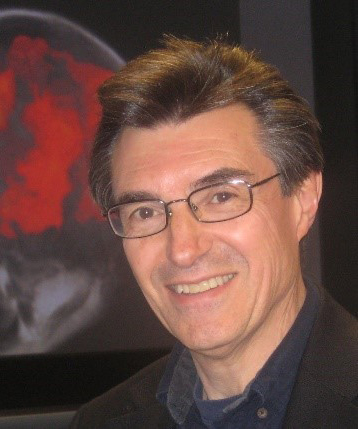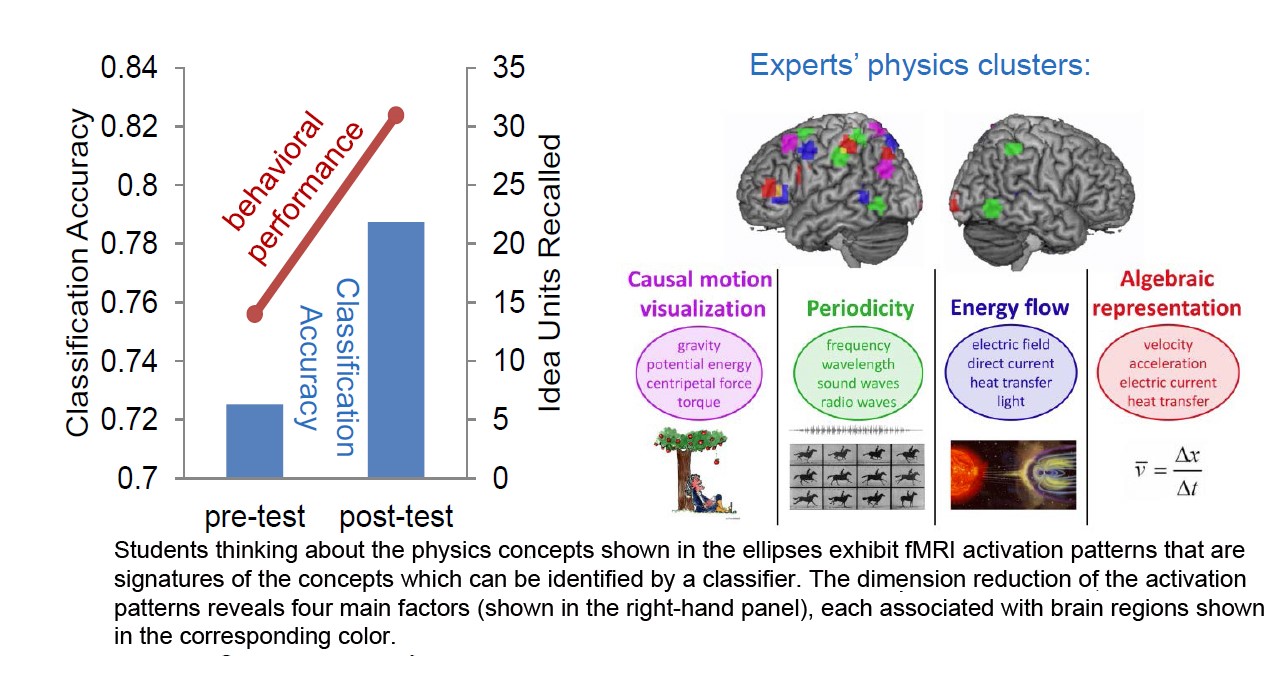
Dr. Marcel Just
D.O. Hebb University Professor of Psychology and Biomedical Engineering
- 327H Baker Hall
- 412 268 2791
327H Baker Hall
Carnegie Mellon University
5000 Forbes Avenue
Pittsburgh, PA 15213
Education
- B.Sc. McGill University, Honors Psychology, 1968
- Ph.D. Stanford University, 1972
Bio
Marcel Just is the D.O. Hebb University Professor of Psychology, and Director of the Center for Cognitive Brain Imaging at Carnegie Mellon. After receiving his Ph.D. from Stanford, he worked at applying technological methods to investigate psychological and neural processes. The advent of fMRI opened new avenues for understanding how neural processes form the basis of psychological processes and representations. Just’s fMRI studies have tracked the activity that occurs throughout brain during a wide range of cognitive and social thought, such as language comprehension, visual thinking, problem-solving, working memory, social judgment, and multi-tasking. His laboratory made several significant contributions in the areas of conceptual and language processing (funded by ONR and NIMH grants) and in autism (funded by NICHD). The autism research developed a leading theory of autism (frontal-posterior underconnectivity theory). Neuroimaging of thought and its alteration in clinical populations is an extremely exciting field that continues to bring new understanding of mind and brain at a surprisingly rapid rate, and it is an honor to be part of it.
Research
Just’s current research develops and tests theories of how we neurally represent individual concepts and larger units of knowledge. This research has uncovered the amazing phenomenon that familiar concepts like apple and technical concepts like gravity are represented in terms of fMRI-measured brain activation patterns that are very similar across people. Furthermore, these activation patterns are decomposable into meaningful components, such that the representation of apple contains information (in motor related brain regions) concerning how you hold an apple, and information concerning what an apple looks like (in visual regions). The basic approach applies machine learning and dimension reduction to fMRI brain activation data. One application of this approach is to diagnose and understand the nature of certain psychiatric illnesses, by detecting alterations of illness-relevant concepts, such as the alteration of the concept of death in people thinking about suicide. The second application is to neurally assess how students learn new technical concepts in work and college settings.
Research Interests: characterizing knowledge representations from brain activity

Awards and Recognition
- Appointment as University Professor, 2013
- Distinguished Scientific Contribution Award, Society for Text & Discourse, 2012
- Outstanding Research Award, Advisory Board on Autism and Related Disorders, 2001
- NIMH Senior Scientist Award, 1997